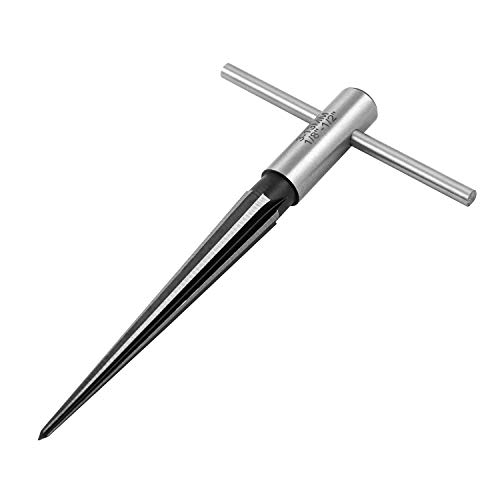Reamers: An Essential Tool for Precision Work
Reamers are frequently used in industries such as automotive, aerospace, and manufacturing for precision work. They are cutting tools designed to enlarge and smooth out holes in various materials, including metal, wood, and plastic. Despite their importance in many industries, the cost of reamers is a common concern among potential buyers. So, are reamers expensive tools?
The Cost of Reamers: Factors to Consider
When determining whether reamers are expensive tools, several factors need to be taken into account. The quality and type of reamer, its size, and the material it is made of all contribute to its cost. Let’s take a closer look at these factors:
Quality and Type of Reamer
The quality and type of reamer play a significant role in its cost. There are several types of reamers available, such as hand reamers, machine reamers, and adjustable reamers. Hand reamers, typically used for manual operations, are generally less expensive than machine reamers, which are designed for use with power tools. Adjustable reamers, which can be used for multiple hole sizes, are often more expensive due to their versatility and precision design.
Size of Reamer
The size of the reamer also affects its cost. Smaller reamers are generally less expensive than larger ones. Additionally, specialized reamers for specific hole sizes or shapes may be more expensive due to their uniqueness and demand in niche industries.
Material of Reamer
The material of the reamer can greatly impact its cost. Reamers made from high-speed steel (HSS) are commonly used and are more affordable than those made from exotic materials like carbide or diamond. However, reamers made from these exotic materials are known for their superior performance and durability, which may justify the higher price tag for specific applications.
The Value of Investing in Quality Reamers
Despite potential cost considerations, investing in quality reamers can bring significant value and benefits to various industries. High-quality reamers offer the following advantages:
Enhanced Precision
High-quality reamers provide superior cutting performance, ensuring precise and accurate hole enlargement. This level of precision is crucial in industries where tight tolerances are required.
Increased Durability
Quality reamers are built to last, with sturdy construction and durable materials. They can withstand demanding work environments and maintain their cutting edge for longer periods, ultimately reducing the need for frequent replacements.
Time and Cost Savings
Investing in quality reamers can lead to long-term cost savings. These tools can help improve efficiency, reduce errors, and minimize downtime associated with tool replacements or repairs. By selecting the right reamer for the job, businesses can improve productivity and reduce overall operating costs.
Choosing the Right Reamer for Your Needs
While the cost of reamers is an important consideration, it should not be the sole factor when making a purchasing decision. It is crucial to evaluate the specific application requirements and select a reamer that meets those needs. Consulting with industry experts and considering factors such as cutting speed, material compatibility, and desired tolerances can help ensure the right reamer is chosen for the task at hand.
Reamers are essential tools in precision work, used across various industries. While their cost can vary based on factors such as quality, size, and material, investing in high-quality reamers brings numerous benefits in terms of precision, durability, and cost savings. When choosing a reamer, it is crucial to consider the specific application requirements and consult with industry experts to make an informed decision. Ultimately, the value brought by quality reamers justifies their cost in industries that prioritize precision and efficiency.






